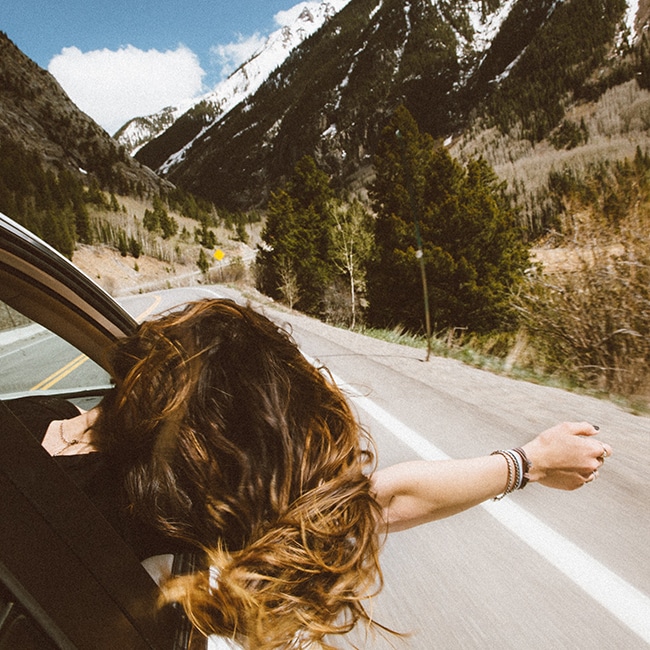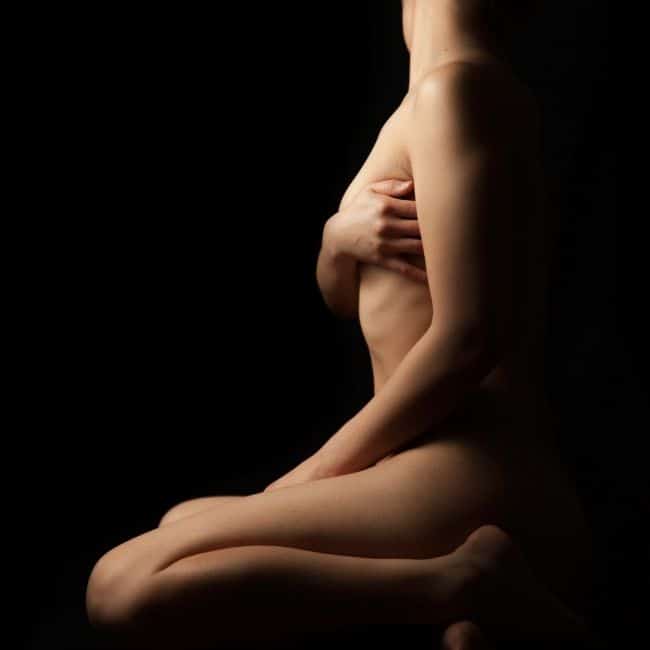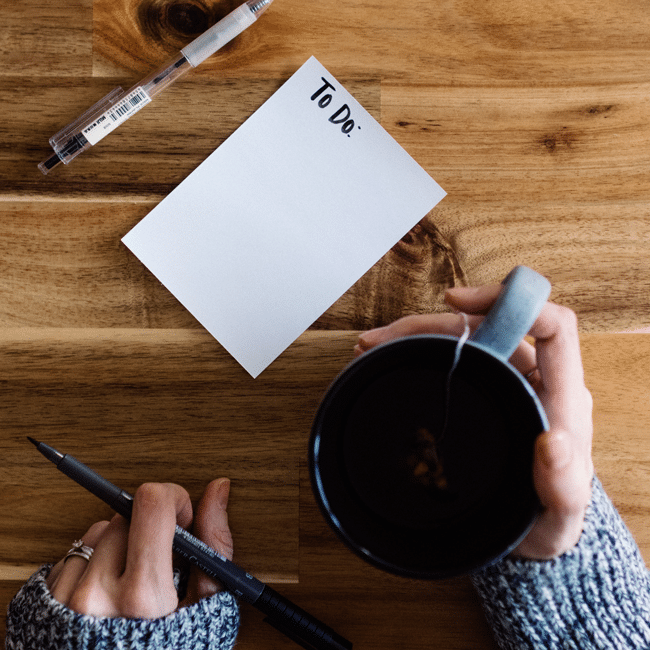
In the face of such generosity, how can racism still exist?
Opinion + AnalysisPolitics + Human RightsRelationshipsSociety + Culture
BY Simon Longstaff The Ethics Centre 12 JUN 2020
Is there any polite or moderate way to condemn racism? I think not. Nor should there be. As the world has witnessed, on countless occasions, racism kills. It does so for the worst of all possible reasons – by denying the equal humanity of some people simply because of the colour of their skin.
The evil caused by racism is not ‘theoretical’. We do not need to speculate about the horrors that it has unleashed. We have only to listen to the evidence of the enslaved, the dispossessed and the murdered to know what follows when one group of people is thought to be ‘less fully human’ than another.
Some people are upset by the words ‘Black Lives Matter’. They assert an alternative proposition that, ‘All Lives Matter’. Well, of course they do. But that has never been denied by the BLM movement. BLM does not claim that only black lives matter. They do not say that black lives matter more than any other.
They simply state that black lives also matter – in a way that racism denies. And they are right. They might also ask, ‘where were the people chanting ‘All Lives Matter’ when the ‘original sin’ of racism was being visited on the world?’. Why has the ‘All Lives Matter’ brigade only found its voice now that the spotlight has been turned on the oppressors by the oppressed?
I come from a privileged background. So, I can barely imagine what it must be like to be on the wrong end of the racist scourge. I can only guess at my reaction – probably a burning rage at the sheer injustice of my treatment. Like the Rev’d. Dr. Martin Luther King Jr – I would demand to be judged for the quality of my character rather than the colour of my skin. Denied that right, I would let loose my rage on an unjust world and those who represent the system that denied me the most basic form of dignity.
So, it eclipses all understanding to find that, in my experience, the vast majority of Indigenous Australians who have experienced racism are, in fact, amongst the most generous and accepting of people. Yes, there are angry firebrands. However, rather than replicate the wrongs they have suffered or become like those who have denied their humanity, most of those affected choose to repudiate racism by accepting others for who they are and not how they seem.
I speak of this from direct experience. A few days after my seventeenth birthday, I arrived on Groote Eylandt – the home of the Anindilyakwa people of East Arnhem Land and the Gulf of Carpentaria. This was the mid-1970s and the racism directed towards the local mob was common, open and shameless. I doubt that those involved would consider themselves as deliberately being racist. If anything, their racism was almost ‘casual’ in character – a product of ignorance, prejudice and ingrained habits of mind.
It’s hard to explain exactly how and why my experience was so different – perhaps it was my young age or a lucky accident … I really do not know. Whatever the reasons, a few of the Aboriginal men took me under their wing. Friendships developed and eventually I was given a skin name and inducted into a network of kinship ties that I value to this day. The point is that if you were to meet me ‘in the flesh’ you would simply see a middle-aged, white male. As far as I know, I have no genetic ties to the people of Groote. Yet, their acceptance of me has been complete and unconditional.
I have often questioned my experience – wondering if I might have invented a narrative to match an idealized version of myself. However, improbable as it might seem, the connections are real. I will never forget spending an evening with two members of the Amagula Clan (a brother and sister) who explained their kinship connection to me (I carry a Lalara name). Eventually, they simply placed their hands over my heart – to tell me that the colour of my skin, my ‘outward form’, did not matter. That this is not what they saw when they looked at me … but something altogether different. Both are dead – dying far earlier than would have been the case if Australia had been settled on more just terms.
My experience is not unique. Indeed, I believe that our First Nations people are willing to embrace anyone who cares to be open to their doing so. All that is asked is that there be a recognition of simple truths about our relationship to each other and to all that belongs to and is part of the country of which we form equal parts.
In the face of such generosity of spirit – how can we possibly allow racism to persist?
IMAGE CREDIT: The image displayed in this article is a painting by Alfred Lalara (deceased), a talented Groote Eylandt artist. The title is Angurugu River.
You can contact The Ethics Centre about any of the issues discussed in this article. We offer free counselling for individuals via Ethi-call; professional fee-for-service consulting, leadership and development services; and as a non-profit charity we rely heavily on donations to continue our work, which can be made via our website. Thank you.
Ethics in your inbox.
Get the latest inspiration, intelligence, events & more.
By signing up you agree to our privacy policy
You might be interested in…
Explainer
Business + Leadership, Politics + Human Rights
Ethics Explainer: Liberalism
Opinion + Analysis
Health + Wellbeing, Relationships, Society + Culture
Look at this: the power of women taking nude selfies
Opinion + Analysis
Relationships
Why hard conversations matter
Opinion + Analysis
Relationships




